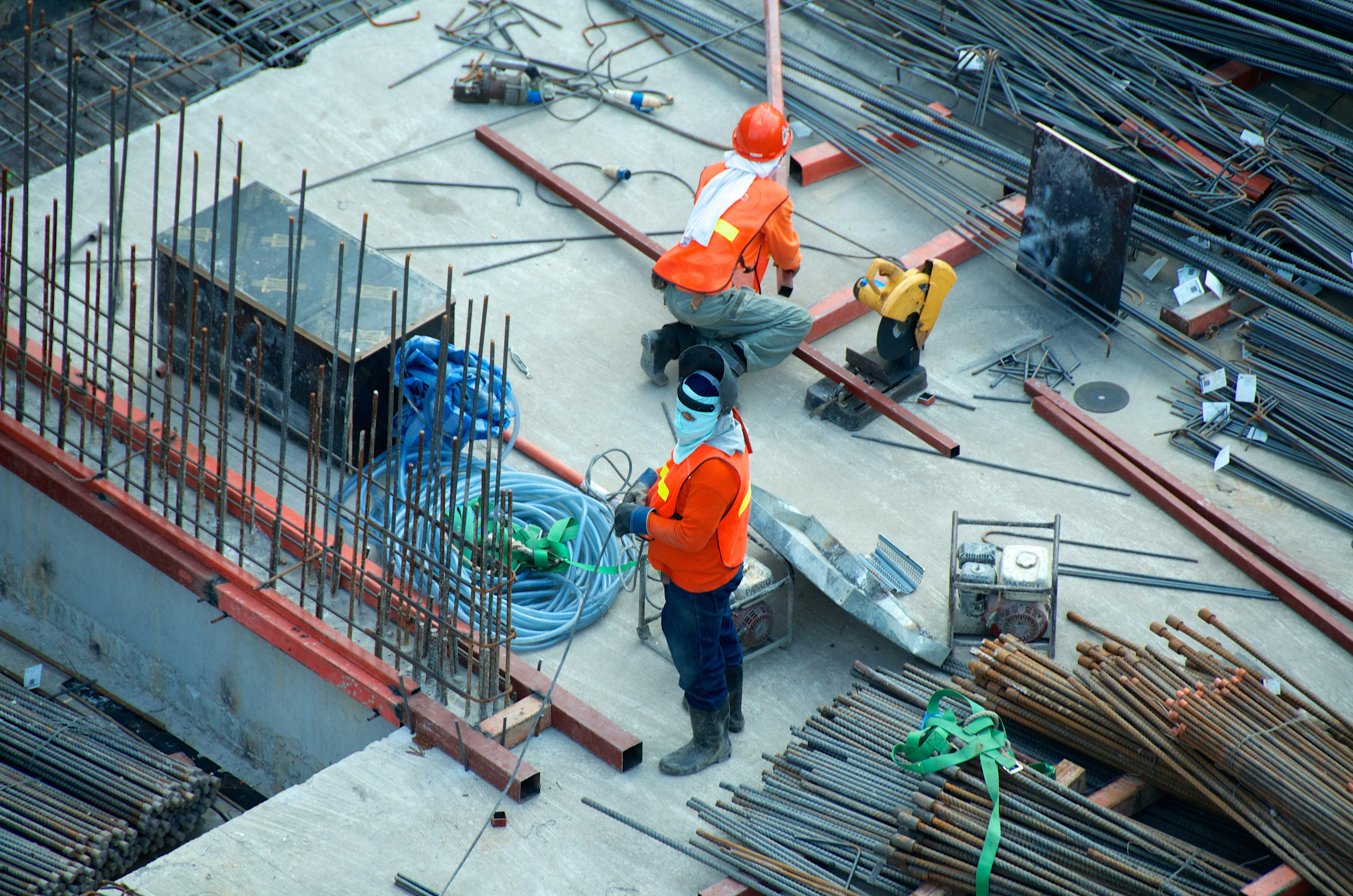Construction
Industrial Adhesives in Construction: What Engineers Should Know
Understanding the role of industrial adhesives in construction is crucial for engineers aiming to enhance project efficiency and durability. These adhesives offer innovative solutions that streamline workflows and reduce costs, making them indispensable in modern construction practices.
In the dynamic field of construction, industrial adhesives have emerged as key components in improving efficiency. By integrating these advanced materials, engineers can significantly cut down on installation times and labor expenses. Consulting with an industrial adhesives manufacturer is essential for selecting the right adhesive solutions tailored to specific project needs.
Understanding Adhesive Applications in Construction
Industrial adhesives are transforming how construction projects are executed. These materials are designed to provide strong bonds without the need for mechanical fasteners, thus expediting project timelines. Engineers must understand the various types of adhesives available, such as epoxies, polyurethanes, and acrylics, each suited to different substrates and environmental conditions.
Choosing the appropriate adhesive is critical for project success. Factors like substrate compatibility, load-bearing requirements, and environmental exposure must be considered. Collaborating with adhesive specialists ensures that engineers select products that not only meet performance criteria but also integrate seamlessly into the construction process.
Beyond time efficiency, industrial adhesives contribute to sustainable construction practices. By reducing the need for traditional fasteners, they minimize material waste and enhance the aesthetic quality of structures. This aligns with the industry’s move towards environmentally responsible building methods.
The Importance of Expert Consultation
For engineers, engaging with experts in the adhesive industry is vital to harness the full potential of these materials. Professionals provide insights into the latest adhesive technologies, offering solutions that are both innovative and practical. Their expertise aids in navigating the complexities of adhesive selection and application.
Consultation with an industrial adhesives manufacturer allows engineers to stay competitive in the construction market. Experts can evaluate specific project demands and recommend adhesive systems that enhance operational efficiency and reduce costs. This collaboration ensures that every aspect of adhesive application is optimized for performance and longevity.
Expert guidance is particularly important when dealing with variables such as temperature changes and exposure to elements. Professionals can advise on adhesives that maintain their properties under various conditions, ensuring long-term reliability and effectiveness.
Enhancing Construction Workflows with Adhesives
Incorporating industrial adhesives into construction workflows transforms traditional methods into more efficient processes. These innovations enable faster assembly times, reducing project durations without sacrificing quality. Streamlining operations with adhesives provides a competitive advantage in delivering projects on time and within budget.
Additionally, the use of advanced adhesives enhances site safety by reducing reliance on mechanical fasteners, which can pose hazards. This shift not only boosts productivity but also contributes to a safer working environment, benefiting overall worker well-being.
The strategic use of industrial adhesives positions construction projects at the forefront of modern building practices. By embracing these technologies, engineers enhance their ability to deliver exceptional results while meeting industry standards and client expectations. Focusing on innovation ensures that construction efforts remain relevant and impactful in today’s competitive market.
Source: unsplash.com















